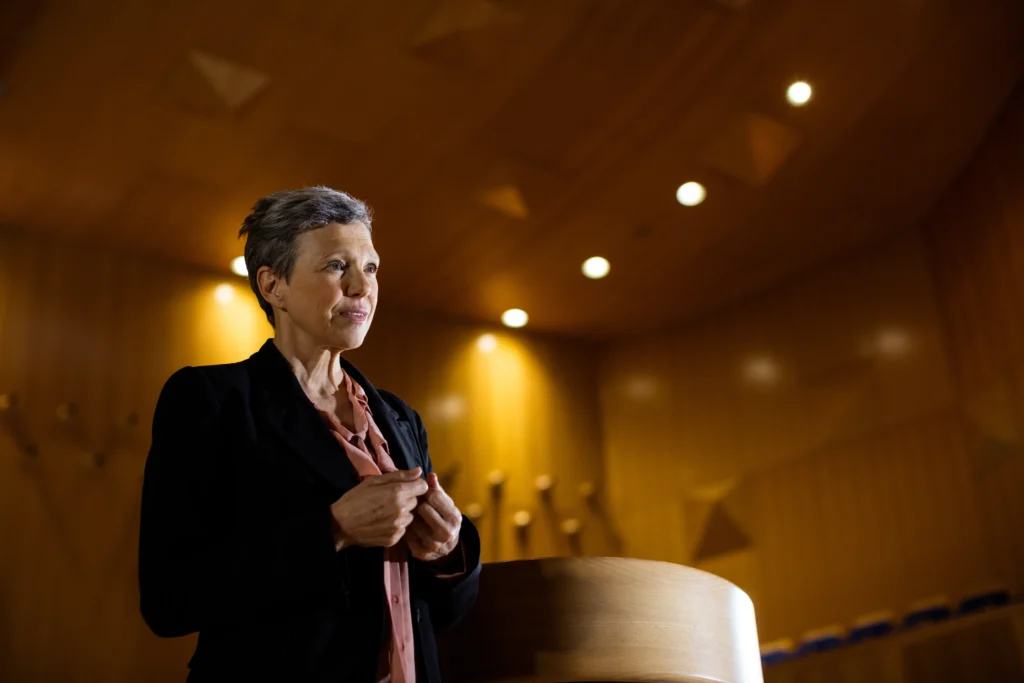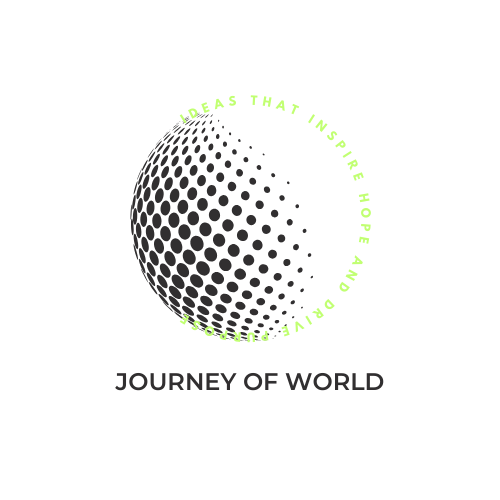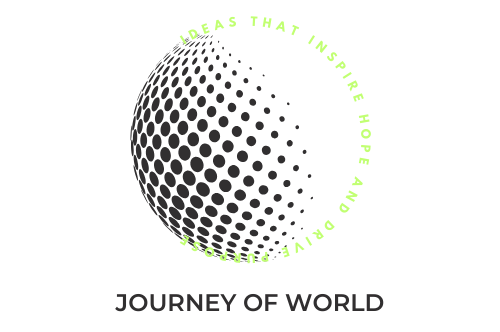In an era where ideas drive change and innovation, few platforms have had as profound an impact as TED Talks. What began in 1984 as a conference uniting individuals from the realms of Technology, Entertainment, and Design has since transformed into one of the most influential intellectual movements of our time. TED Talks, with their succinct yet powerful presentations, are now synonymous with inspiration, forward-thinking, and the exploration of ideas that span nearly every discipline imaginable.
A Worldwide Phenomenon:
Today, TED Talks have a global reach that transcends borders, languages, and cultures. With over 3,000 talks available online, TED has become a hub for thinkers, creators, and innovators eager to share their knowledge and insights. The premise of TED—Ideas Worth Spreading—has evolved from a series of niche lectures to a worldwide platform that brings together some of the most remarkable minds of our generation. In doing so, it serves as both a source of education and a catalyst for global conversations.
Each TED Talk is carefully crafted to deliver thought-provoking content in no more than 18 minutes—allowing speakers to distill their ideas into focused, compelling narratives. In that short window, audiences from all walks of life are exposed to groundbreaking ideas that challenge their perceptions and inspire them to take action.
Amplifying Voices of Change and Innovation:
One of the key reasons TED Talks resonate with audiences worldwide is the diversity of its speakers. From tech visionaries like Elon Musk and Bill Gates to social activists such as Malala Yousafzai and Bryan Stevenson, TED has provided a platform for voices that are shaping the future. These individuals are not only experts in their fields; they are also advocates for change, leaders of movements, and pioneers of new ways of thinking.
Take Sir Ken Robinson’s landmark TED Talk Do Schools Kill Creativity?, for example. In this stirring presentation, Robinson argues that traditional education systems stifle creativity, a message that has sparked global discussions on the need for educational reform. Likewise, the emotional resonance of Malala Yousafzai’s talk on the importance of girls’ education has inspired countless people to join the fight for gender equality.
TED Talks are, in essence, a reflection of society’s most pressing issues. Whether addressing climate change, racial injustice, or the intersection of artificial intelligence and ethics, the stage serves as an incubator for ideas that influence both public discourse and policy.

TEDx: Local Ideas, Global Impact:
While TED’s core events bring together the world’s leading thinkers, TEDx events have expanded the organization’s reach to local communities across the globe. These independently organized gatherings, licensed by TED, focus on spreading ideas at the grassroots level. TEDx conferences have become the launchpads for local thought leaders, who address challenges and opportunities specific to their communities.
The TEDx movement empowers people everywhere to engage with the ideas that matter most to them, creating a space for discussion, innovation, and connection. These events allow individuals to share their experiences, passions, and solutions, while also offering a platform for cross-cultural dialogue. This decentralized approach has made TED an inclusive, accessible, and dynamic force for good.
Education and Empowerment:
TED has also found a home in education. Through TED-Ed, the organization has created an educational initiative that provides short, animated lessons across a range of subjects. TED-Ed allows students and educators to explore a world of knowledge in an engaging and interactive way, helping to cultivate a love for learning.
Moreover, TED’s educational initiatives extend beyond the classroom. The TED Fellows program, for instance, supports young leaders who are working on transformative projects. These Fellows—individuals whose work ranges from renewable energy innovation to social justice—are provided with resources, mentoring, and a global network to amplify their efforts and drive meaningful change.
The TED Prize:
In its ongoing commitment to social good, TED established the TED Prize—a recognition given to individuals or organizations whose work has the potential to create lasting change. Past recipients, such as Jamie Oliver, who has long championed healthier eating habits, and JR, whose street art addresses issues of identity and humanity, have gone on to lead transformative projects that have had a profound impact on the world. The TED Prize not only provides financial support but also helps spotlight causes that may otherwise go unnoticed.
Shaping the Future of Global Conversations:
TED Talks are more than just presentations—they are a call to action. In an age where information is more accessible than ever, TED has redefined what it means to engage with new ideas. Through its platform, it encourages individuals to think critically, broaden their perspectives, and take ownership of the change they wish to see in the world.
As TED continues to expand, it remains committed to its mission of spreading ideas that spark conversations, challenge conventional wisdom, and inspire future generations. With a robust online presence and an ever-growing network of local events, TED has solidified its place as a cornerstone of modern intellectual discourse. For anyone seeking inspiration or a new way of seeing the world, TED Talks remain a go-to destination for the brightest minds on the planet.
In an increasingly interconnected world, TED’s ability to facilitate global dialogue and empower local action positions it as one of the most transformative platforms of our time. The ideas shared on this stage are not just fleeting thoughts—they are the building blocks of a better tomorrow.




